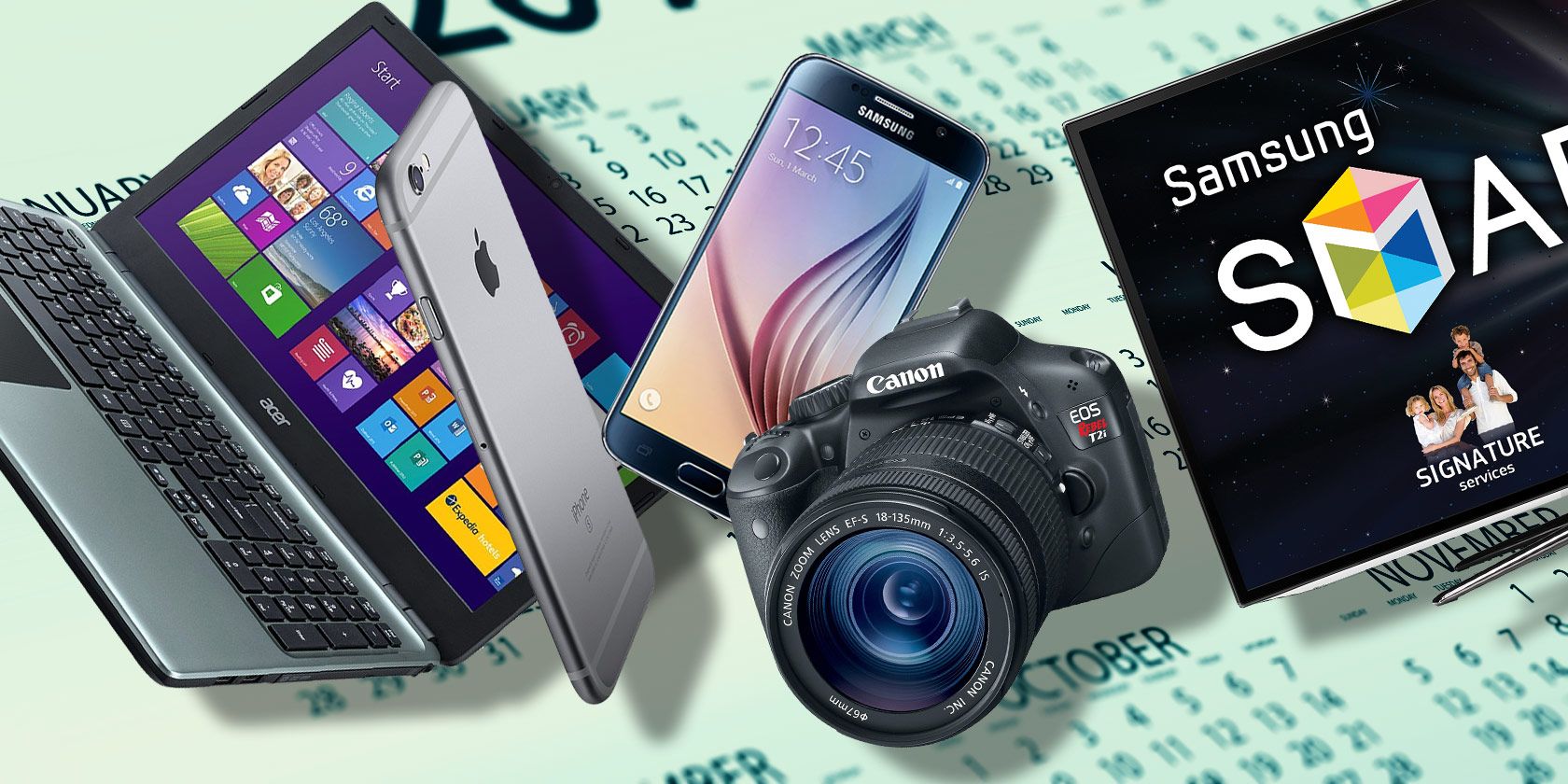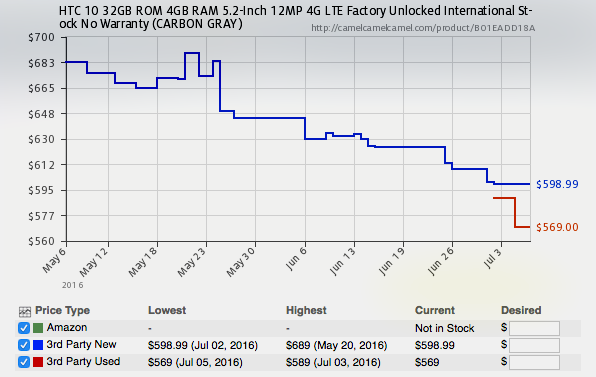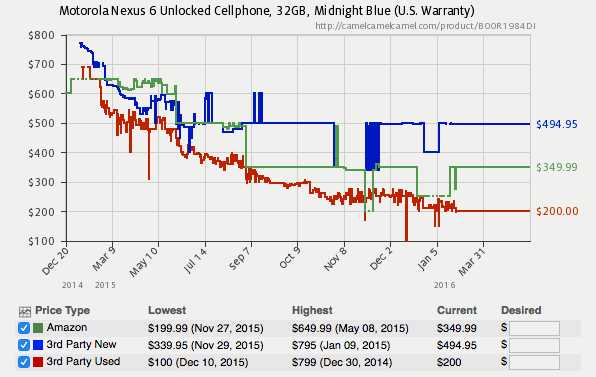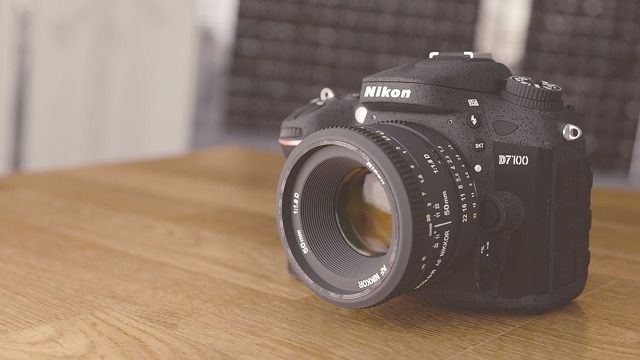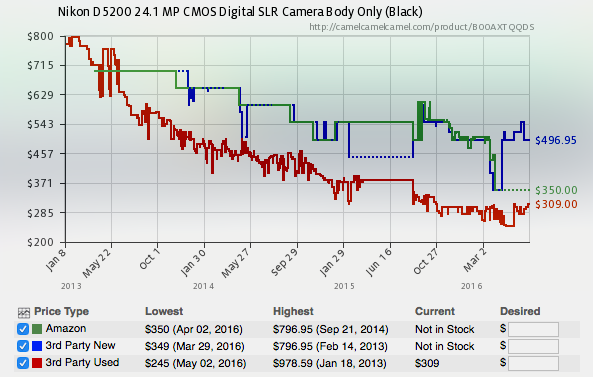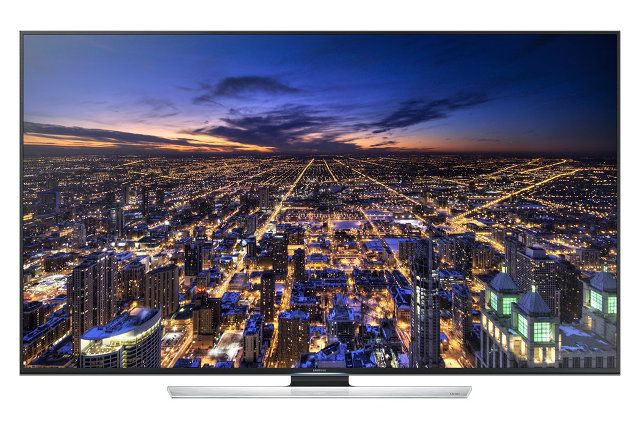If you want the absolute best deals when buying electronics and appliances, timing is everything. Prices fluctuate throughout the year depending on various factors, and knowing when they're likely to dip can result in big savings.
Similarly, knowing when the peaks occur can maximize your profits when selling gear and devices, both online and offline.
To be clear, I'm not talking about annual discount events like the newly-born Amazon Prime Day deals or the well-known Black Friday and Cyber Monday sales, though they can be great ways to save money too. I'm talking about how prices simply rise and fall month to month due to economic cycles.
Here's how you can take advantage of that.
Laptops and Computers
First things first: decide whether you need a laptop or a desktop. Product release cycles differ between these types of computers, so the best time to buy one isn't necessarily the best time to buy the other.
The same is true if you just want to swap out a single internal part in your computer, whether to boost PC speed and performance or to replace a broken or malfunctioning component. (Although in the latter case, you should just buy the replacement now instead of timing the market.)
When You Should Buy: In general, the best time to buy a last-generation computer is when a new processor or operating system is released, which triggers a wave of new devices that support the new technology and cause older models to drop in price.
But if you're in the market for a new laptop, the three best months to shop are in November (during Black Friday and Cyber Monday), in August (due to back-to-school sales), and in March (the end of the Japanese fiscal year, so older models are discounted to make room for new ones).
When You Should Sell: Laptop prices tend to peak between late Spring through to late Summer because there isn't much going on at that time, at least in terms of sales events or new product releases. If timed well, you could even sell for higher than you first bought!
Smartphones
Most people don't care enough to time the smartphone market cycles. Or maybe I should say that they care too much -- so much so that they'd prefer to be an early adopter rather than wait for price drops. Not that there's nothing wrong with that if that's what they want to do.
But if you're like me and you tend to go 2–4 years between smartphone upgrades, then you can save a good chunk of money just by waiting for the right deal to pass by.
When You Should Buy: The funny thing about the smartphone market is that new models are constantly being announced all throughout the year, which means that previous models are constantly dropping in price -- so it's never a bad time to buy a smartphone.
All you need is a little patience. Waiting just two months after the release a new phone could result in a savings of 10–15%, as evidenced by the HTC 10 Unlocked International Stock which debuted at $680 and promptly dropped to $600 in under 60 days.
And here we see how the Motorola Nexus 6 Unlocked (UK) began 2015 at a price of $795 and fell to a surprising $495 by the end of that same year. (It actually went as low as $350 during Black Friday!)
When You Should Sell: In most cases, as soon as possible. The fast-plummeting nature of smartphone value means that the longer you wait, the more you'll lose. This admittedly sucks, so be sure to check out our other tips on getting the most cash when selling a smartphone.
Note, however, that certain models, such as the iPhone 6s Plus Unlocked (UK), can actually hold resale value a lot better. After the initial drop over the first two months, its price has held steady over the next six months.
Digital Cameras
The nice thing about the world of digital cameras is that product cycles are much slower than in other areas of technology. They're still fast, relatively speaking, but you have a lot more room to breathe. It's never quite as urgent as with, say, smartphones.
The camera world is also a bit more predictable as far as when you can expect new models to be announced and released, so that also makes it easier to time the market (DSLR cycles are longer than point-and-shoot cycles).
When You Should Buy: Digital cameras are usually announced at two points in the year: in January (especially at the Consumer Electronics Show) and in September (in time to build hype for the Christmas shopping season). The first tends to be the more important of the two.
The new models aren't actually released until closer to March or April, at which point earlier models will shift down in price. If you don't care about snagging the latest and greatest, then you should at least wait until these months to start shopping.
Note that this is one time where it's almost always better to buy used than new. That, combined with these other DSLR-buying tips, can save you hundreds of dollars with every purchase.
When You Should Sell: If your camera body is somewhat newer, then you should get rid of it before the next round of announcements, as it could have a significant impact on resale value.
But if your camera body is already two or three generations old, it probably won't lose any more value than it's already lost. For example, the Nikon D5200 Body Only lost more value in its first year than the next two years combined. So sell whenever is convenient for you, though sooner is better.
Televisions
There's a lot to consider when buying a television: whether to go 4K, if you need Ultra HD Blu-Ray, the right size for your room, and all the other specs you need to know about.
Whatever you do, avoid buying a smart TV if you can. A lot of higher-end TVs don't come in "dumb" varieties anymore, in which case you'll have no choice -- but when a choice is present, go for the dumb one and supplement with a digital media player.
When You Should Buy: Many TVs tend to go on sale in January as people think about upgrading for the Super Bowl in February. This also coincides with the end of the holiday shopping season and the end of the Japanese fiscal year.
And, of course, TVs tend to be in the spotlight come Black Friday and Cyber Monday in November. Not all of these sales are actually good deals, but many of them are. Just be sure you know what you're getting for what you spend.
When You Should Sell: TV prices tend to be highest around July, August, and sometimes even September because there aren't many deals going on during this time. It might be hard to make a sale during these months, but if you do, it'll net you the most cash.
How Do You Save Money on Electronics?
In the end, timing your purchases according to market cycles can save you up to 10–15% on a good day, but I don't know if it's worth all of the effort in research and waiting. Maybe for big ticket items that exceed a thousand dollars, but even then it's dubious.
If you want to get something and the "ideal time" is only a month away, sure, go ahead and wait. But you'll probably save more by waiting for an actual holiday sales event instead, such as Black Friday, Cyber Monday, Memorial Day, Valentine's Day, and so on.
To save even more money, be wary of these scummy retail sales tactics.
Do you try to time the market when buying electronic devices? Or do you only wait for sales events like Black Friday? Or do you not care at all and buy things as soon as you can? Let us know in the comments!

